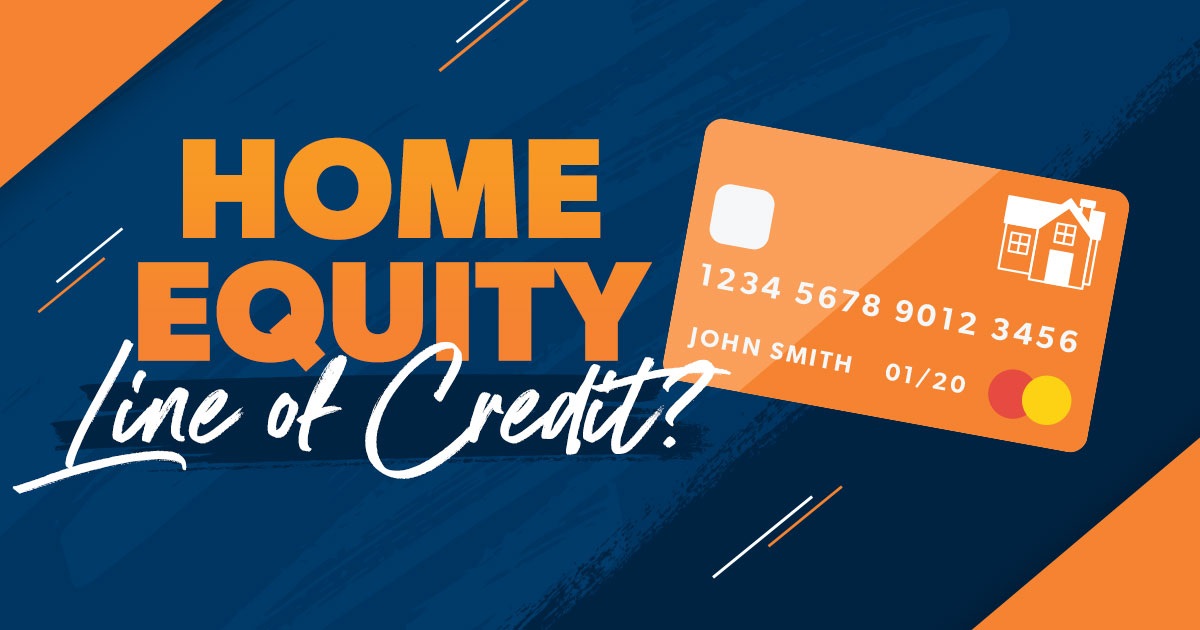
How to Qualify for a Home Equity Line of Credit: Eligibility Criteria Explained
When it comes to leveraging your home’s value for financial needs, a Home Equity Line of Credit (HELOC) can be an invaluable tool. However, qualifying for this type of loan involves meeting specific criteria. In this blog, we’ll walk you through the essential eligibility factors you should consider if you’re interested in a Home Equity Line of Credit.
Understanding Home Equity
One of the foremost requirements for a HELOC is sufficient home equity. Home equity is the market value of a homeowner’s unencumbered interest in their real property—basically, the difference between the home’s fair market value and the outstanding balance of all liens on the property. Lenders typically allow you to borrow up to 85% of your home’s value, minus what you owe on your mortgage. So, if you’re considering this option, take stock of your home equity first.
The Importance of Credit Score
Your credit score plays a significant role in qualifying for a HELOC. Lenders generally look for a credit score of 620 or higher, although the specific requirements can vary between financial institutions. The better your credit score, the more favorable the terms of the HELOC. If your credit score is not up to the mark, consider engaging in credit repair activities before applying.
Debt-to-Income Ratio: Why It Matters
The debt-to-income (DTI) ratio is another critical metric lenders use to assess your eligibility for a HELOC. The ratio is a comparison of your total monthly debts to your total monthly income. A low DTI ratio demonstrates a good balance between debt and income, and lenders typically look for a DTI ratio of 43% or lower. High DTI ratios are generally seen as risky, so try to pay down debts to tip the scales in your favor.
Verification of Income and Employment
Lenders will typically request proof of steady income and stable employment as part of the HELOC qualification process. Generally, you’ll need to provide recent pay stubs, tax returns, and possibly additional financial statements depending on the lender’s requirements. The more stable your income, the more likely you are to qualify.
Appraisal of Home Value
Your home’s current value must be appraised to determine the HELOC amount you’re eligible for. The lender will either conduct a full appraisal or a simpler home value estimation. In either case, the appraised value will affect the maximum sum you can borrow.
Final Thoughts
Securing a Home Equity Line of Credit can be a strategic financial move when managed wisely. Meeting the eligibility criteria involves a multi-faceted review of your financial health, including your home equity, credit score, DTI ratio, and stable income. Therefore, it’s essential to keep these factors in tip-top shape to increase your chances of qualifying for a HELOC.
By understanding these key eligibility criteria, you’re on the path to making an informed decision about whether a Home Equity Line of Credit is the right financial tool for you.


